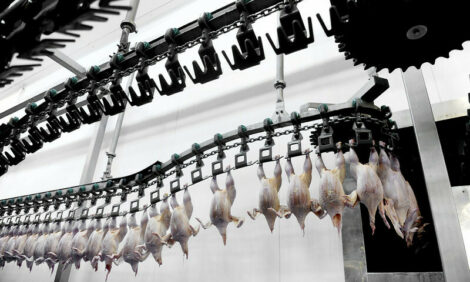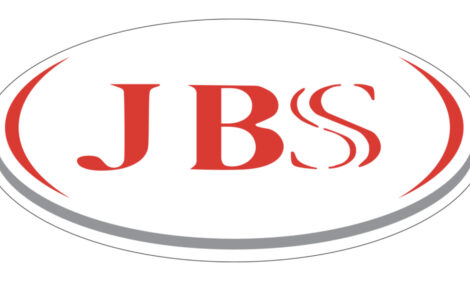



EC Endorses Control Measures for Avian Influenza in Emilia-Romagna
EU - A decision confirming the risk areas set up by the Italian authorities in relation to the outbreaks of highly pathogenic avian influenza in poultry farms located in Emilia-Romagna was today adopted by the Commission.At the extraordinary meeting of the Standing Committee on the Food Chain and Animal Health (SCOFCAH) held yesterday in Brussels, the Italian authorities outlined the very stringent measures adopted to control the disease, reduce its impact on the poultry sector and prevent any potential human health risk. The measures applied in Italy were endorsed by Member States experts and are reflected in today's Commission Decision.
Three outbreaks of highly pathogenic avian influenza (HPAI) were reported in three poultry holdings: Ostellato (province of Ferrara), Mordano (province of Bologna), and Portomaggiore, close to Ostellato, in the region Emilia-Romagna. The outbreaks occurred on 15, 21 and 23 August 2013 respectively.
Two holdings are egg producing farms, totalling a population of 700 000 laying hens, and a third holding is dedicated to turkey farming. In order to control the spread of the virus, the Italian authorities are applying the measures foreseen by Council Directive 2005/94/EC, notably the killing of birds and the setting up of protection and surveillance zones around the affected areas.
In these zones strict movement restrictions on poultry and poultry products apply, while specific veterinary checks are on-going. The Italian authorities have also established a "further restricted zone" covering the eastern part of Emilia-Romagna and the very south-eastern part of Veneto where movement restrictions and surveillance apply to commercial farms holding laying hens, poultry breeders and turkeys.
A complete list of municipalities falling within the zones is provided in the annex of today's Commission Decision. Enhanced monitoring and biosecurity measures have also been put in place on the whole poultry sector in Italy.
The European Centre for Disease Prevention and Control (ECDC) considers that the risk of avian influenza transmission to humans is low.
However, persons having direct contact with diseased chickens (farmers, veterinarians, etc.) should use appropriate personal protective equipment as foreseen by EU legislation.
It should be pointed out it is safe to eat poultry meat or eggs marketed in the EU as all affected flocks and their eggs are destroyed immediately. In any case, cooking such products eliminates any possible risk.








